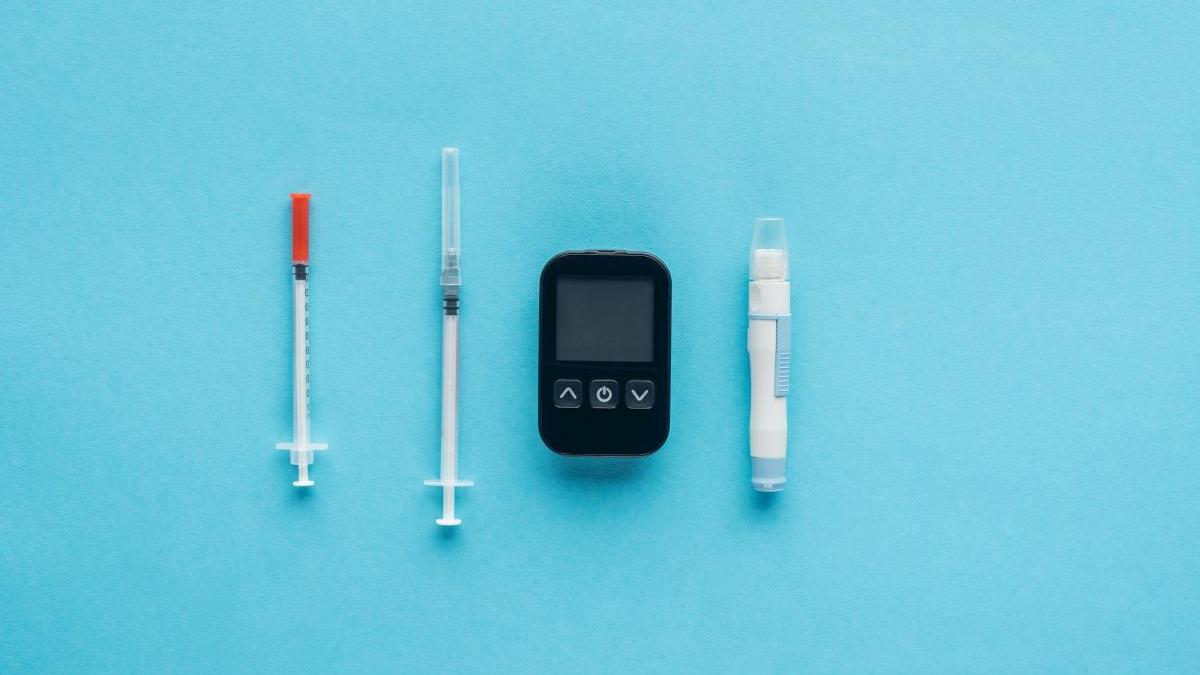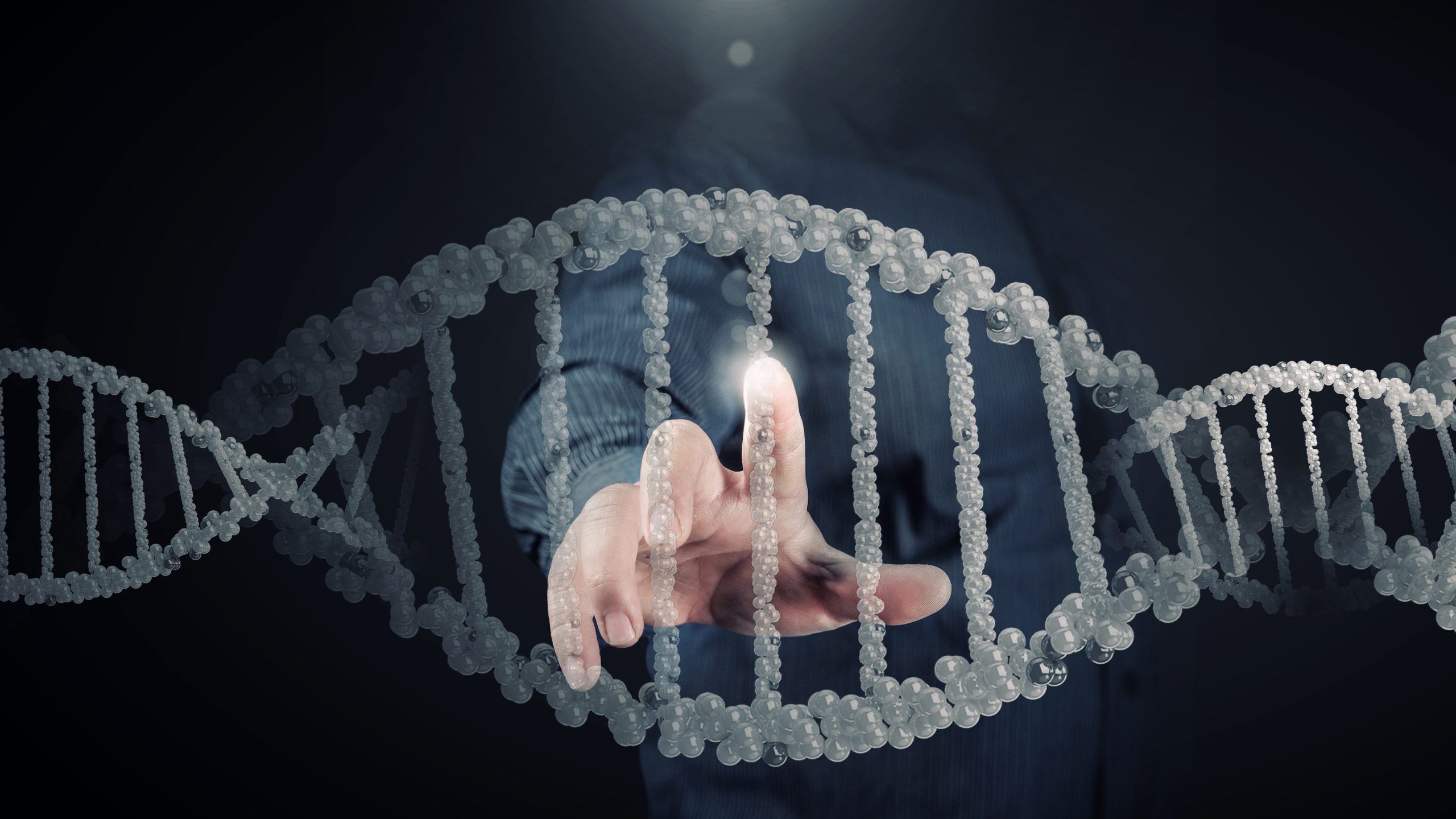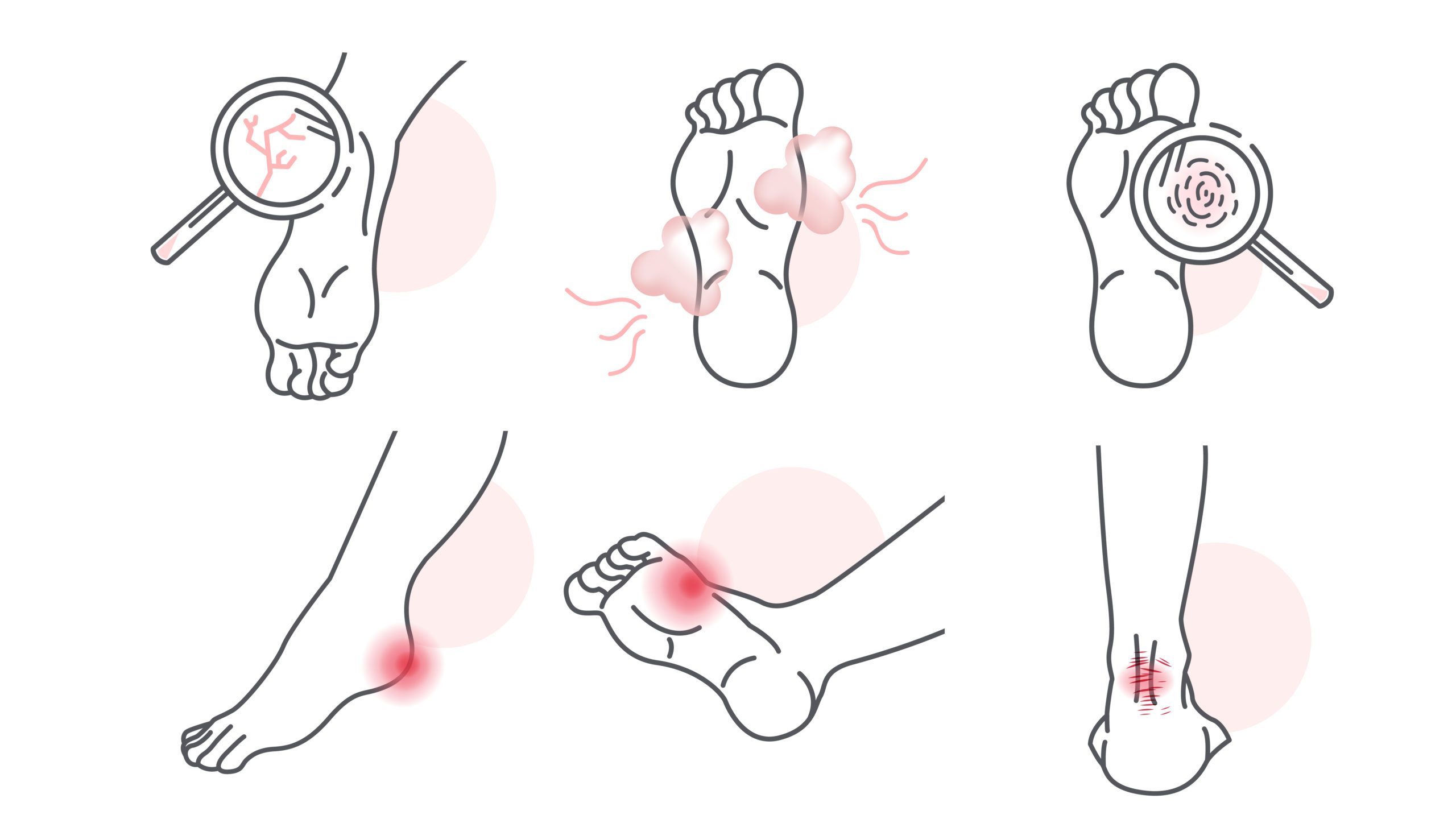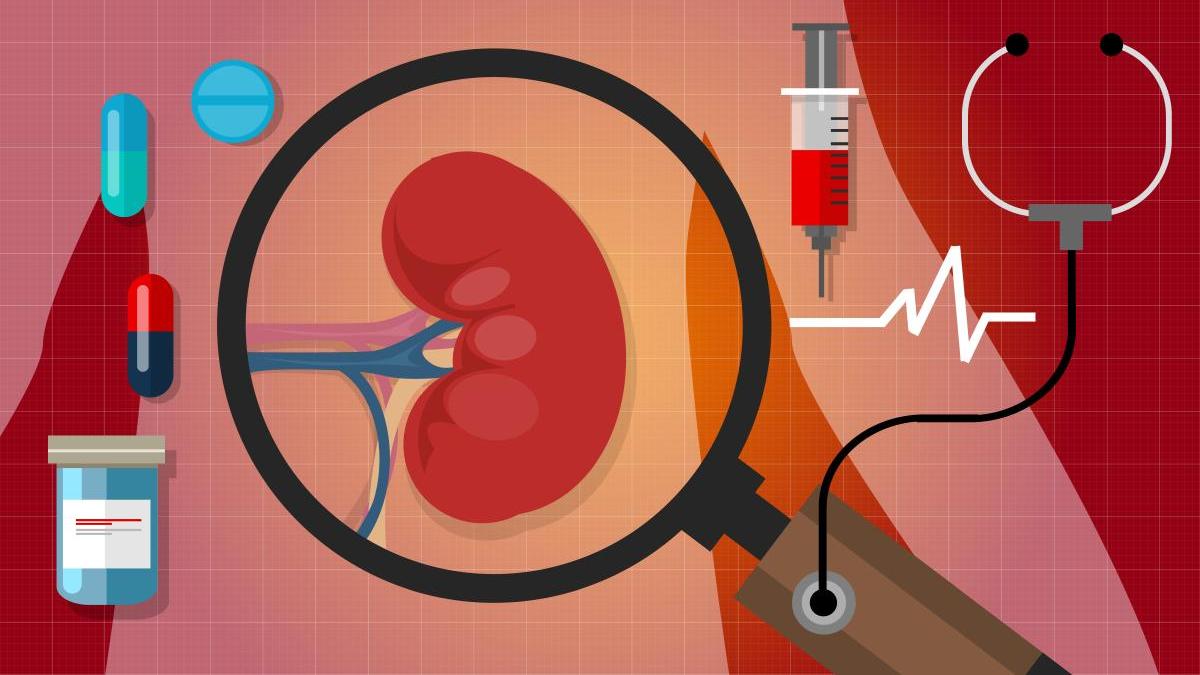Diabetes


February 1, 2022












0












0
Treatment of Diabetes mellitus type 1
By AGE2B team
The central point of type 1 diabetes treatment is to have the right amount of insulin to keep blood sugar levels from being either too high or too low. Insulin is a hormone that helps to move glucose from the blood into cells for energy. In type 1 diabetes, your own immune system kills the […]
Read more


February 1, 2022












0












0
Causes, mechanisms of the disease development and symptoms (Diabetes mellitus type 1)
By AGE2B team
Type 1 diabetes is a serious condition when your blood sugar level is too high because your body is not able to make a hormone called insulin. The exact cause of this disorder is unknown. It is thought that an autoimmune reaction (a process when the immune system attacks your own cells) destroys the cells […]
Read more


February 1, 2022












0












0
Diabetes caused by genetic mutations. Alström Syndrome
By AGE2B team
Alström syndrome is a rare genetic disorder associated with various symptoms that affect multiple organ systems of the body. It is caused by mutations or defects in the ALMS1 gene. It encodes the protein involved in cell cycle control, ciliary function, and intracellular transport. It is generally characterized by hearing and vision problems, obesity in […]
Read more


February 1, 2022












0












0
Diabetes caused by genetic mutations. Neonatal diabetes
By AGE2B team
Neonatal diabetes is a form of diabetes diagnosed in children under the age of six months. It is caused by a change in the gene that affects the development of pancreatic beta cells, interfering with the synthesis and secretion of insulin. The number of genes found in children with neonatal diabetes continues to increase. Currently, […]
Read more


February 1, 2022












0












0
Diabetes caused by genetic mutations. Wolfram Syndrome
By AGE2B team
Wolfram syndrome is a complex condition caused by a genetic disorder. It is typically characterized by childhood onset of insulin-dependent diabetes mellitus and progressive optic atrophy (degradation of the optic nerve). Patients with Wolfram syndrome also develop hearing loss and diabetes insipidus, which causes an imbalance of fluids in the organism. Another name for the […]
Read more


February 1, 2022












0












0
Differences between type 1 and type 2 diabetes
By AGE2B team
Many people get confused between type 1 and type 2 diabetes. Although they both have something in common, there are lots of differences. First of all, only about 8% of people with diabetes have type 1, and around 90% have type 2 diabetes. Still, both are serious health conditions, and high blood sugar levels can […]
Read more


February 1, 2022












0












0
Diabetes complications and their treatment: angiopathy
By AGE2B team
Causes The vascular complications of diabetes, those that affect your blood vessels (diabetic angiopathy), are the most significant manifestations of the disease. For example, atherosclerosis (plaque formation in arteries) is the main reason for impaired life expectancy in patients with diabetes. In addition, diabetic kidney disease and retinopathy (a condition affecting part of the eye […]
Read more


February 1, 2022












0












0
Role of insulin in glucose homeostasis
By AGE2B team
Glucose is necessary for all organs and tissues of the human body, being the main source of energy. Our organism gets glucose mainly from food; after its digestion glucose enters the bloodstream. However, most of the body’s cells are not able to independently obtain glucose from the blood, for this they need a special “key” […]
Read more


February 1, 2022












0












0
Retinopathy
By AGE2B team
There are various ways diabetes can affect your eyes. Some people develop diabetic retinopathy, which can lead to sight loss if not treated in time. It is frightening, but fortunately, there are ways to prevent it. Causes Diabetic retinopathy is an eye disease, and people with diabetes are at a higher risk of developing it. […]
Read more


February 1, 2022












0












0
Nephropathy
By AGE2B team
About one in five people with diabetes will also have diabetic nephropathy at some point in their life. It is kidney damage caused by diabetes, which develops over many years and is also referred to as kidney disease. If diagnosed early enough, diabetic nephropathy can be slowed down with treatment. There are also ways to […]
Read more












